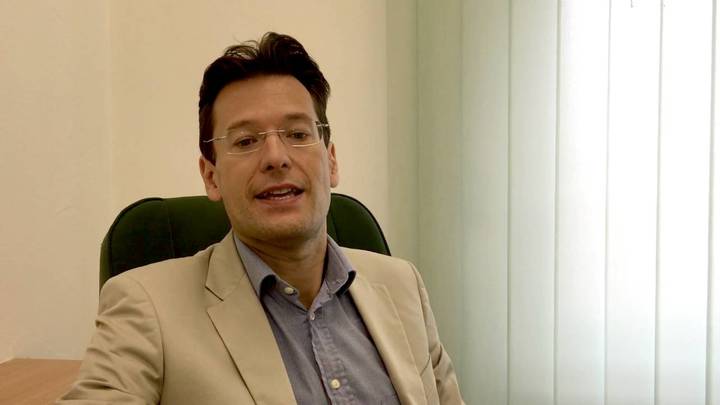At the heart of any paper mill’s operations sits an unavoidable contradiction. On the one hand, paper mills must keep their operations clandestine lest they be discovered and have their clients’ articles retracted en masse. On the other, paper mills must make themselves visible to some degree to attract new customers. For instance, advertisements for paper mills abound on services like WhatsApp and Telegram. This contradiction makes it difficult for researchers like us who study systematic fraud to get a full sense of the scope of any paper mill’s operations. By charting the web presence of one shady business, we sought to do just that.
About a year ago, we began probing search engines with queries a scientist desperate for publications might make: “authorship for sale,” “call for co-authors,” “scopus-indexed publications,” “guaranteed journal acceptance,” etc. We figured paper mills would litter their pages with these phrases in a bid to be easily found by customers. Sure enough, one of our first searches directed us to the front page of the Academic Research and Development Association (ARDA), based in Chennai, India.
ARDA presents itself as a professional organization that offers services including “Conferences and Meetings”, “Journal Publications” and “Article Writing Services”. ARDA also maintains lists of indexed journals in which it can guarantee publication, along with guidelines on how long acceptance should take and instructions to limit plagiarism to a journal-specific threshold. All of these journals claim to be peer-reviewed on their own websites. Many of the titles listed on ARDA’s site are well-known hijacked journals already found on the Retraction Watch Hijacked Journal Checker. Other journals, such as the International Journal of Early Childhood Special Education and the Journal of Pharmaceutical Negative Results, are favorites of authors from Saveetha Dental College, a school caught inflating its rankings in a large self-citation scheme.
Continue reading Hidden hydras: uncovering the massive footprint of one paper mill’s operations



